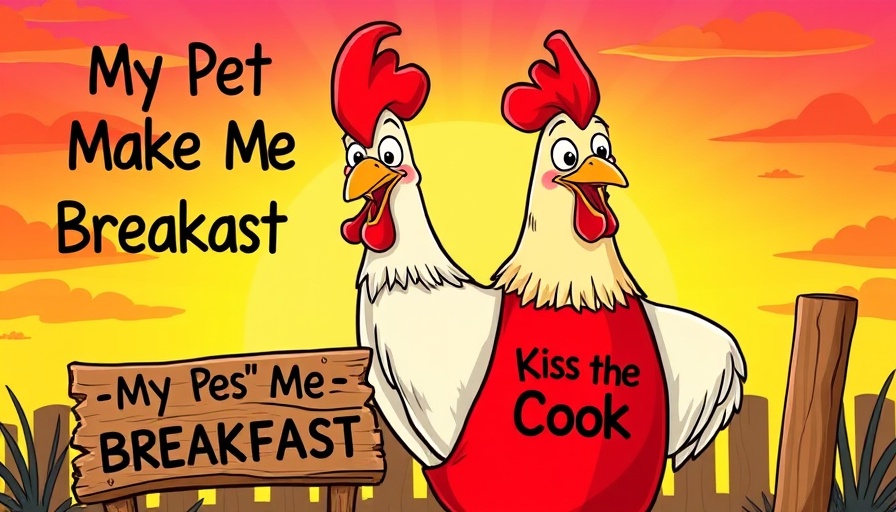
Understanding Twin Chick Hatches: A Rare Phenomenon
In the world of aviculture, hatching twin chicks from a single egg is a noteworthy, yet rarely successful event. This unusual occurrence stems from double-yolked eggs, which can produce two embryos. However, the success rate for such twins to hatch effectively is significantly low, primarily due to complications arising from limited space inside the eggshell and shared nutrients. As shared experiences from members of the BackYard Chickens community highlight, while there are stories of assisted hatching, not every twin results in a successful exit.
The Challenges of Hatching Twin Eggs and How to Assist
During a recent discussion on a dedicated thread, a member expressed their concern over two chicks pipping from a shared egg. In such cases, assistance is often required due to the risks of entanglement and inadequate oxygen supply. When one chick starts pipping, it can inadvertently endanger the other by crushing its yolk or blood vessels. Experts in the poultry community suggest following a few critical steps for assisting twin hatchlings. These include moderating humidity and gently inspecting the membrane for veining before attempting any intervention.
Statistics and Insights on Double-Yolked Eggs
Statistics indicate that while double-yolked eggs are more prevalent in younger hens, they also create a precarious situation during incubation. A study referenced in avian science literature notes that double yolks occur in approximately 0.05% of all eggs laid. The likelihood of successfully hatching both chicks is disconcertingly low, as twin embryos can often outcompete for space and resources, leading to one or both embryos failing to develop past a certain stage.
Why Knowledge About Twin Hatches is Valuable
Understanding the dynamics of twin hatches enriches the avicultural community's knowledge pool. It helps chicken owners optimize incubation strategies, ensuring they are prepared for potential challenges. This preparation can lead to better outcomes not just for twins but for all eggs being incubated, heightening awareness of the care and attention needed for healthy hatchlings.
The Bigger Picture: Twin Hatching as an Avicultural Case Study
Finally, while the outcome of twin hatching can often result in heartbreak, the narratives surrounding these experiences contribute significantly to the collective knowledge of poultry breeding, stressing the intricate balance of natural processes. Each story strengthens the understanding of best practices, ensuring that future breeders can approach twin hatching challenges with informed strategies, both to mitigate risks and to celebrate the outcomes of successful hatches.
 Add Row
Add Row  Add
Add 




Write A Comment